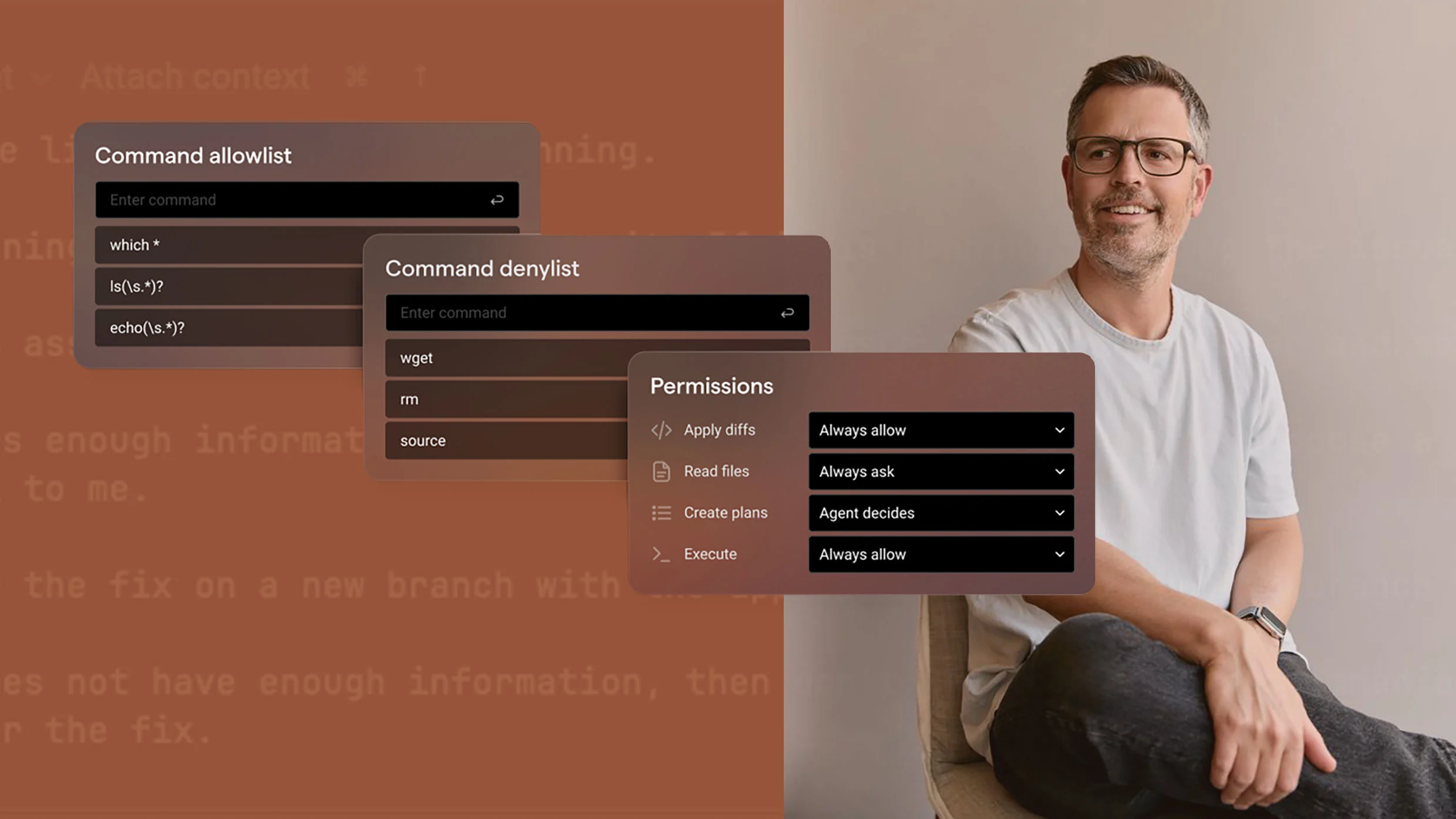Scrupulous Scammers Use AI to Transform Their Identities
Scrupulous scammers are now leveraging artificial intelligence to transform their identities, creating fraudulent profiles to apply for remote job openings. Research indicates that AI technology enables these scammers to fabricate impressive-looking resumes, professional headshots, websites, and LinkedIn profiles, appearing as ideal candidates for various roles. Once hired, these impostors may exploit company resources or embed harmful software. Identity theft isn’t a novel issue, but AI significantly amplifies these efforts, causing the problem to escalate. According to Gartner, a respected research and advisory firm, projections suggest that one in four job applications will be faked by 2028.
Spotting the Fakes
The issue of AI-generated applicants came to light when a video involving an AI-enhanced interviewee circulated widely on LinkedIn. Dawid Moczadlo, co-founder of Vidoc Security, shared how he sensed deception when the candidate refused his request to wave a hand across their face during an online interview. The interview was halted immediately upon discovering the candidate’s reliance on basic face-altering software.
Vidoc Security has since refined its hiring process, ensuring authenticity by flying candidates in for in-person interviews. These measures are crucial because discerning real applicants from AI-generated ones is increasingly challenging for non-experts, as noted by Moczadlo.
Global Deceptive Practices
Instances of AI-driven impersonation aren’t confined to isolated cases. U.S. authorities have identified North Korean assemblages employing AI to forge identities, securing remote jobs to remit funds back home. These orchestrations funnel millions into forbidden uses, including the nation’s defense strategies. While Vidoc Security’s cases remain under examination, Moczadlo acknowledges similarities to known North Korean scams with uncovered individuals crafting plausible personas.
Preventive Measures
Firms like Vidoc Security are sharing insights to enhance hiring protocols across industries. Their guide details various strategies to discern AI-crafted falsifications. Here are key identifiers to ensure veracity:
- Examine LinkedIn Details: Delve into creation dates and validate connections at claimed workplaces.
- Pose Specific Cultural Queries: Solicit answers requiring local familiarity from prospective hires.
- Opt for Face-to-Face Interviews: The surest way to ascertain genuineness amid technological advances remains personal interaction.
The gravity of these scams has prompted CBS News Confirmed to publish essential practices for HR personnel to authenticate candidate identities. These efforts serve to bolster defenses against digital deceit in professional landscapes.
Image: Courtesy of CBS News Confirmed
For more news and updates on AI and technology trends, subscribe to aitechtrend.com.
Note: This article is inspired by content from cbsnews.com. It has been rephrased for originality. Images are credited to the original source.








